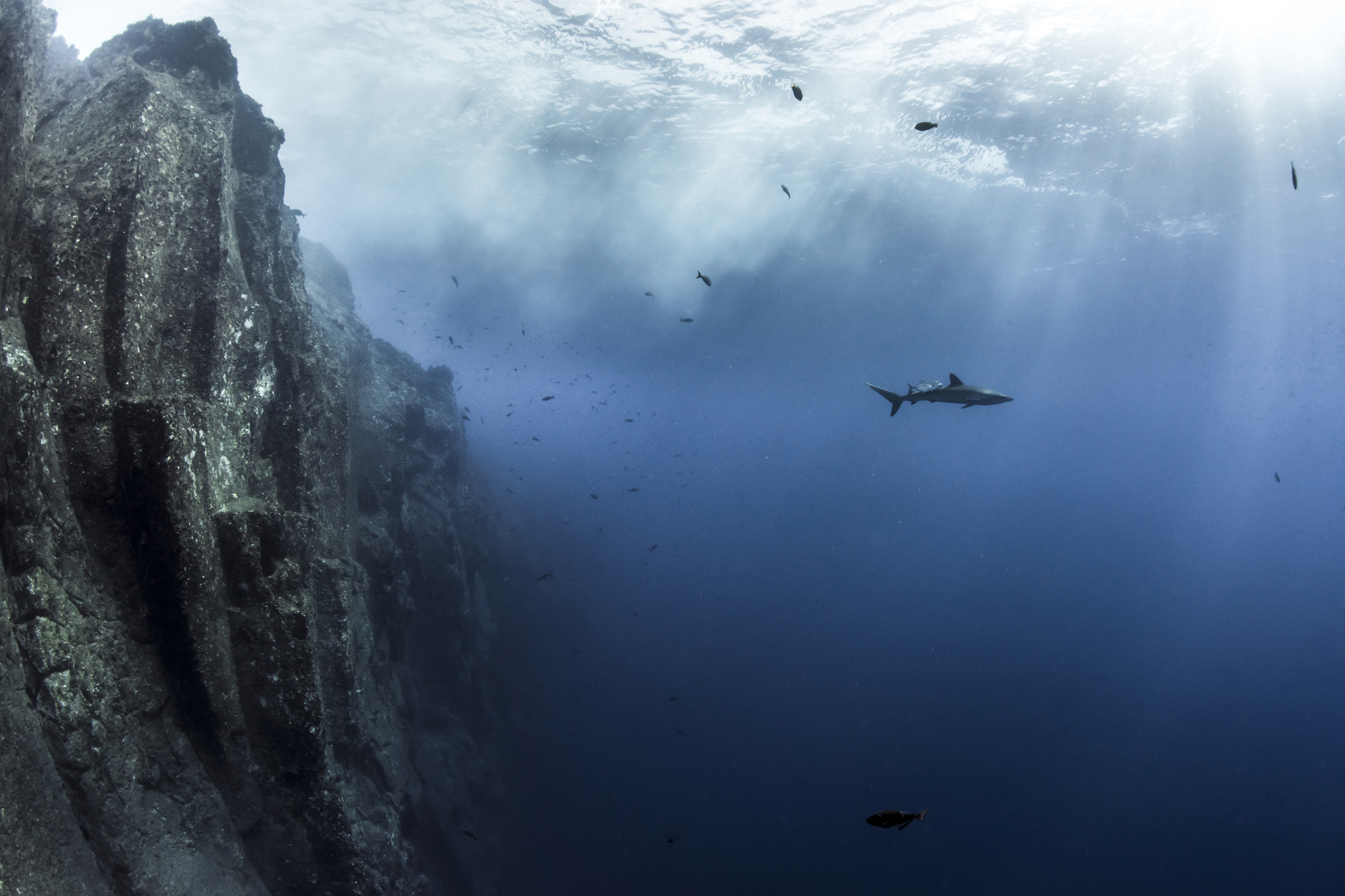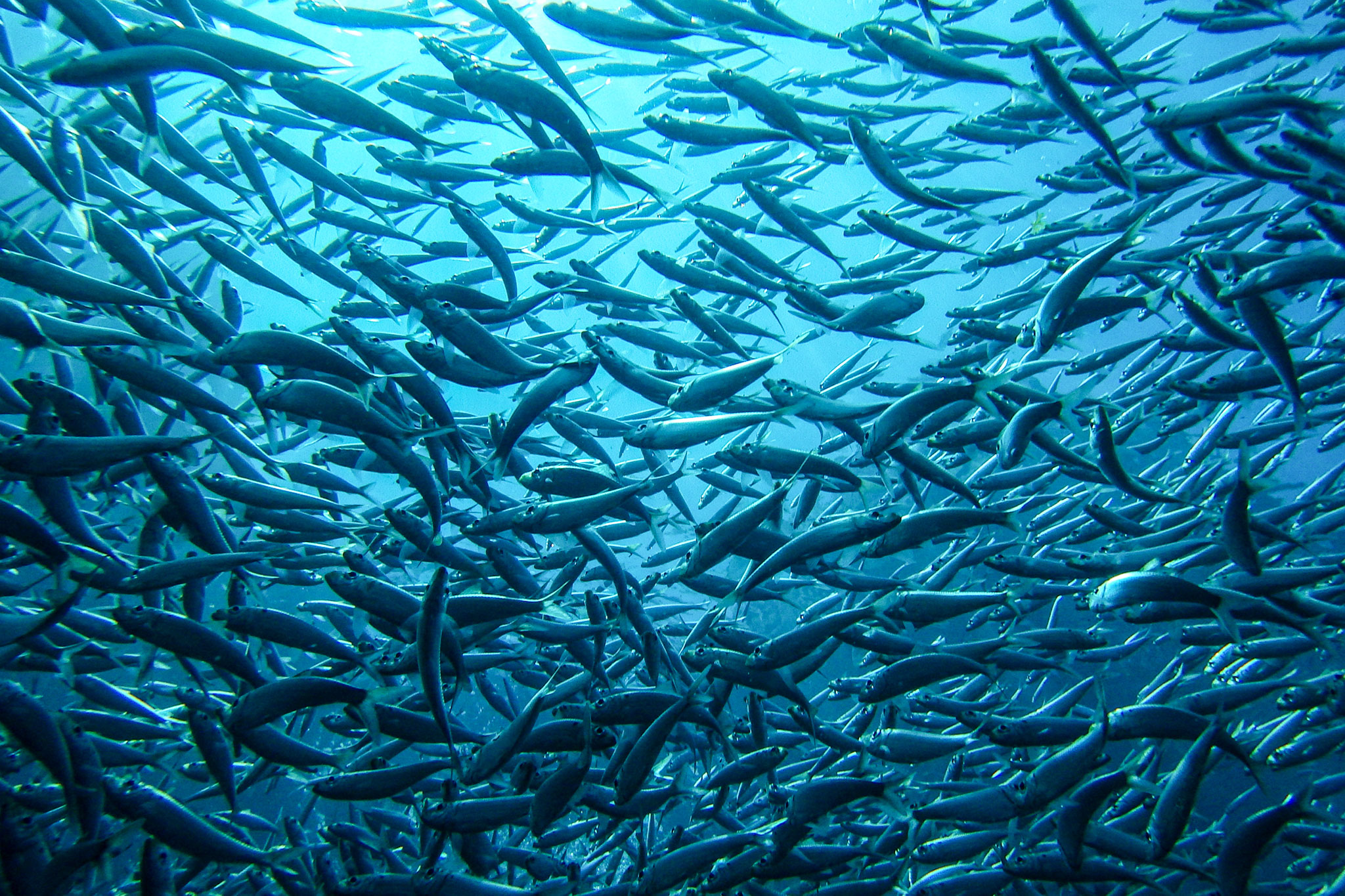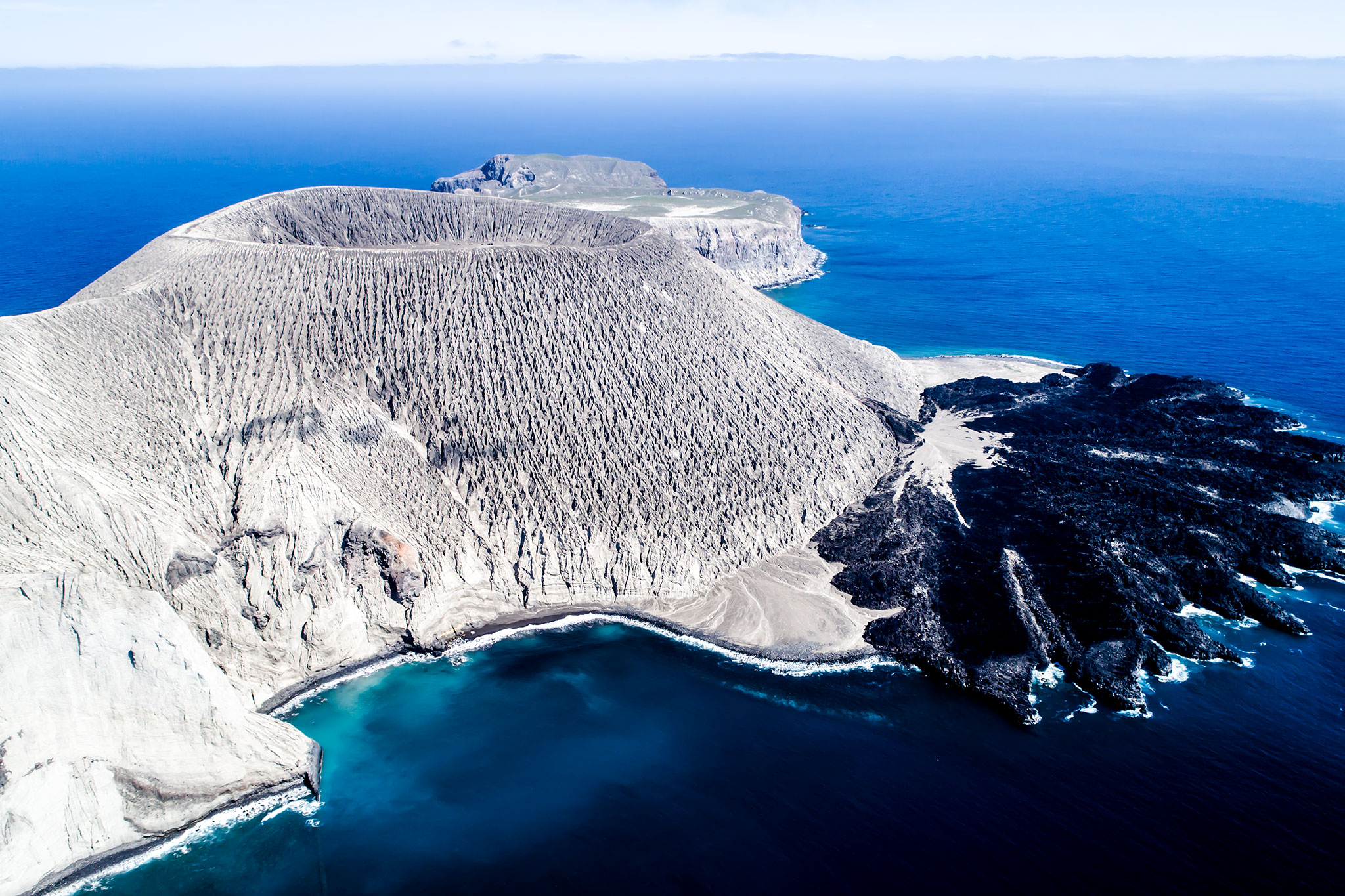The services that ecosystems provide are not quantified in terms comparable to other economic services, and unfortunately, as a result, the policies for their use and preservation are sometimes underestimated and minimized.
Considering that environmental services contribute decisively to the wellbeing of the population, we ought to grant them their fair value and importance, and the same applies to the natural capital that generates them. Therefore, the relevance of quantifying environmental services in economic terms, to widen the information base and induce wise policy design and rational decision making.
It is important to clarify that most of the intrinsic uses and properties of environmental services are intangible and out of the scope of traditional economic markets, for example: biodiversity, landscape, carbon dioxide capture and protection against coastal disasters, among others. However, the latter have great, if not the greatest importance when it comes to the economic valuation of ecosystems.
Despite the difficulty of applying accurate methodologies, and the complexity of environmental processes, there are more studies each day that try to estimate the total economic value of the planet’s most relevant ecosystems, and the ecological services associated with them. These studies are a first attempt to make their potential value evident, and link it to further analysis of the physical and biological processes and the value these such processes have for human wellbeing.
It is worth mentioning one of the most recent studies developed by the World Wildlife Fund (WWF) in 2015: Revival Ocean Economy Report, which presents impressive figures regarding the economic value of biological systems and a solid classification for them and their environmental services. The report considers the rough economic value of the oceans to be 24 trillion dollars, and includes estimates of their direct productivity, for example: coastal and transoceanic transport, tourism, environmental education and carbon capture.
If we compare the above figure to the global GDP in 2016, which according to the World Bank was 75.5 trillion dollars, we realize its immensity.
It is important to highlight that most of the value allocated corresponds to environmental services which are out of the scope of traditional economic markets, for example, regulation of the gas balance, regulation of natural disturbances, waste processing and disintegration and nutrient cycle. Only the fundamental role seagrass plays as a sand and sediment retainer is worth 2.5 trillion dollars a year— according to the same WWF study— which is more than the GDP of many developing countries.
We must underline the supremacy of marine ecosystems above land ecosystems, not only because they account for three quarters of the planet, but also in terms of the services and resources they provide for human wellbeing. Undoubtedly, this explains the millenary trend to live off the oceans’ shores. It is difficult to conceive the history of mankind without the oceans and their role in communications.
In Mexico, seas are forgotten. There are several reasons for this, but mainly it is a cultural issue, they always come last, compared to their land counterpart, and this applies both for public policy making and resources conservation.
Perhaps historically we have minimized their importance and therefore we do not resolve their issues as required. And yet, it is urgent to resolve them because the lack of strict fishing regulation, a marine legal system and the scarce conservation actions, are destroying (with license) vast portions of the continental platform and a variety of marine resources. Hence,it is our duty to foster vital actions for the protection and the conservation not only of the Mexican seas, but
of the seas of the entire planet.
Sobre el autor
She was Chief Advisor at the National Commission for Natural Protected Areas (Conanp for its initials in Spanish), General Director for Citizen Participation at the Department of Homeland Security and Director of Governance at the Miguel Hidalgo Municipality in Mexico City. Over 20 years, she has developed a vast experience in reef ecology, conservation tourism, creation of protected natural areas, social consensus and negotiation. She is currently General Director for Sociedad Informada, A. C.











